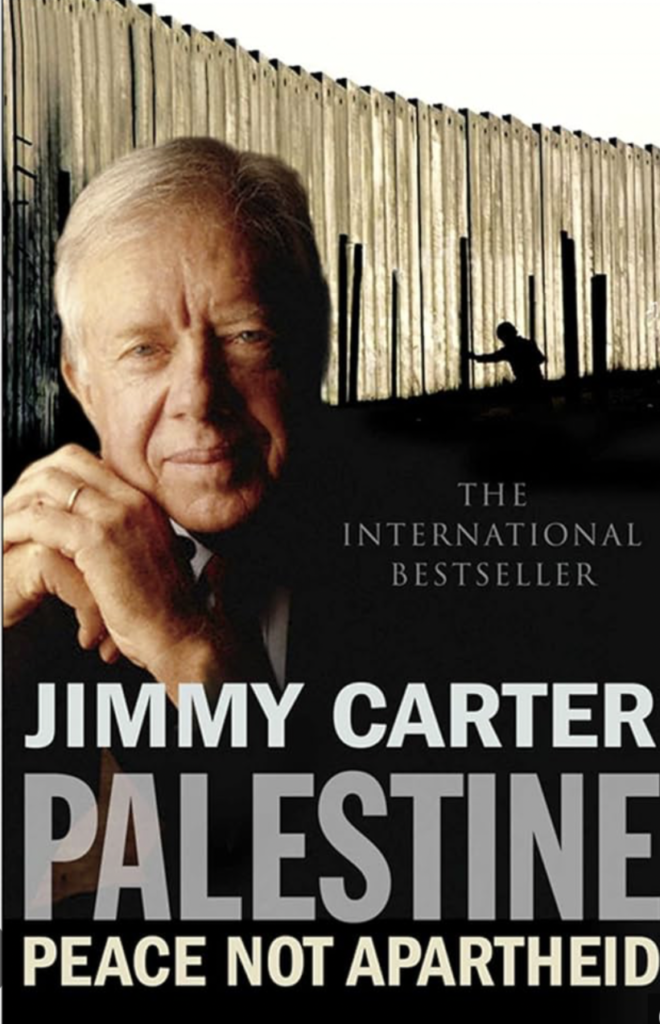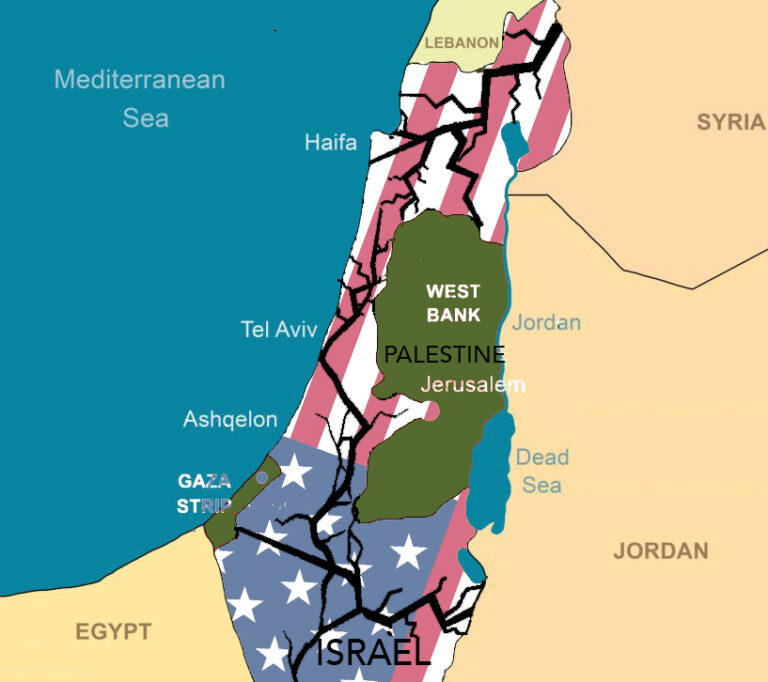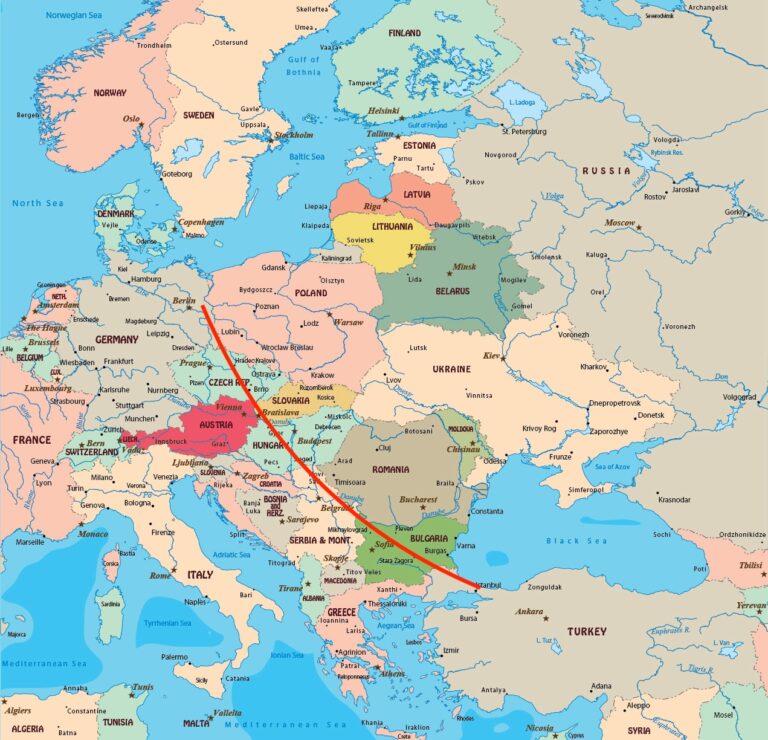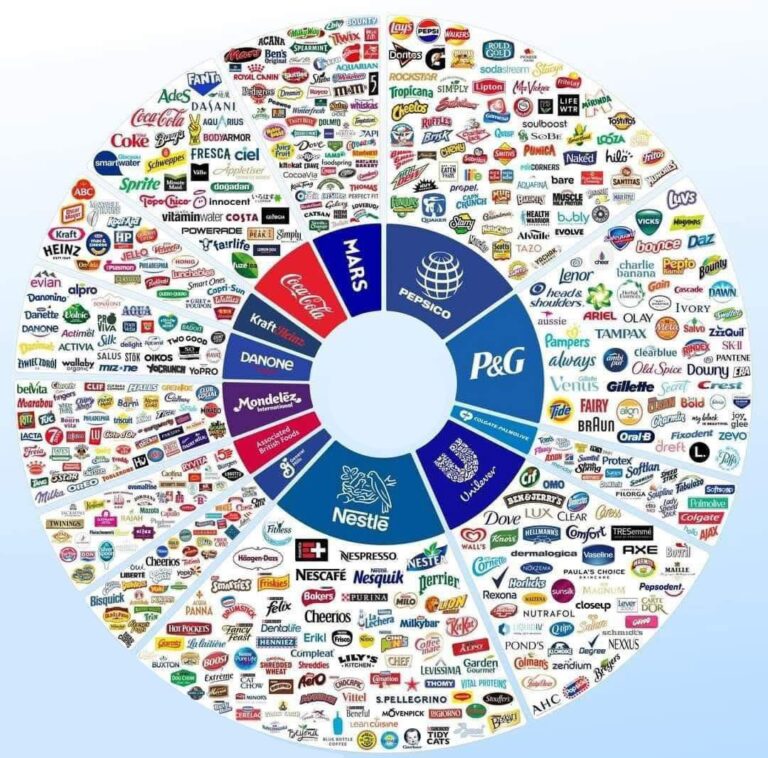By Andrea Tucci,
American attitudes towards the Palestinian cause have drastically changed since the start of Israel’s war on Gaza. Whereas the issue of Palestine was previously supported by more left-leaning individuals, it has become a nation and international-wide discussion and subject of concern.
Critiques and discussions of Israel are not limited to the actions of Netanyahu, but extend to include debates surrounding the Israeli army, which has been marketed in the past to the American public as “the most moral army in the world.” Shifts in public opinion are not limited to the U.S. ‘s students and youth; they are noticeable across all strata of society.
There are several stages of and factors behind this shift in perception. Certainly, the ongoing Israeli genocide of Palestinians in Gaza has certainly accelerated this awareness, but other events and factors have also contributed to this recent shift.
The 2008 war on Gaza, also known as Battle of al-Furqan or Operation Cast Lead in Israeli circles, was a turning point for many Americans informed on the occupation of Palestine. For many, this war marked an introduction to Israel’s oppression and aggression of the Palestinian people, and in particular, of the people of Gaza.
The Second Intifada was reported to American audiences on television, and oftentimes, delivered in a dull manner, where violence was dismissed as skirmishes between police and protesters in the streets of some city in the world.
With the 2014 war on Gaza came a growing awareness of the Palestinian issue across a number of age groups in the United States. The images circulating were shocking and unjustified. Regardless of opinion, this war provided the American public with clear discussion points about the history of the Palestinian cause.
During this war, maps of Palestine showing the progress of the Israeli colonial and settlement project over the years became widespread on social media.
On social media, there have been countless attempts by Meta, which owns Facebook and Instagram, to manipulate algorithms in order to minimize the voice and content of Palestinian or pro-Palestine users.
.
Understandings of apartheid also evolved, especially after the publication of former President Jimmy Carter’s book, Palestine: Peace Not Apartheid in 2006. I believe that social media created a platform that allowed for natural selection of the most effective information.

The American political elites have always read The New York Times and The Washington Post, and still do, but these newspapers are now on the brink of commercial collapse, as few people pay monthly subscriptions to read newspapers in the age of the internet.
And so, one after another, media outlets that have historically been spoon fed information by the Israeli propaganda machine, are collapsing. This collapse has led many journalists to leave their jobs in order to establish independent media projects which provide more serious or credible political analysis of different global events, both left-leaning and right-leaning.
The media coverage of Palestine was and still is quite exceptional. Some channels have announced that their objective coverage of the war has led to a significant increase in viewership, and in some cases, has even led to financial support. Meanwhile, CNN continues to experience a decline in viewers.
On social media, there have been countless attempts by Meta, which owns Facebook and Instagram, to manipulate algorithms in order to minimize the voice and content of Palestinian or pro-Palestine users.
TikTok, owned by the Chinese company ByteDance, does not attempt to manipulate algorithms, and therefore, pro-Palestinian content is 50 times more prevalent than pro-Israeli content. This contrast largely influenced the passage of a law in American Congress to ban TikTok in April 2024.
Over the last decade, a quiet movement has been developing on the most prestigious American university campuses, including Harvard and Stanford. Students, have mobilized, forming permanent presence on campus.
One must commend the Jewish students who are among the most steadfast defenders of the Palestinian cause. their presence was crucial to refuting the accusations of anti-Semitism used too often to silence supporters of a free Palestine.
Israel has tried to maintain its dominance in this context, but it has failed. In 2014, a website called Canary Mission was funded to blackmail Palestinian students, perpetrating doxxing action against (spreading personal information online, usually with malicious intent) pro-Palestinian student activists, professors, and organizations, publishing dossiers on their supposed anti-semitic views. Their violent doxxing has forced some bright, promising students to even change their names in an attempt to secure jobs and opportunities.

In the early days of this war, Israeli organizations with murky funding, attempted to intimidate students on university campuses. In October 2023, a screen-clad truck drove around Boston displaying photographs of Harvard students it labeled anti-Semites. This was part of a premeditated plan to silence Harvard students in the event of a new war. Student movements that took place in spite of the fearmongering are courageous and historically significant.
As long as the American system remains a democratic one, we need to support a “Real Voice” for the Palestinian narrative that is not distorted by the false Israeli democracy, supported the American governance.



